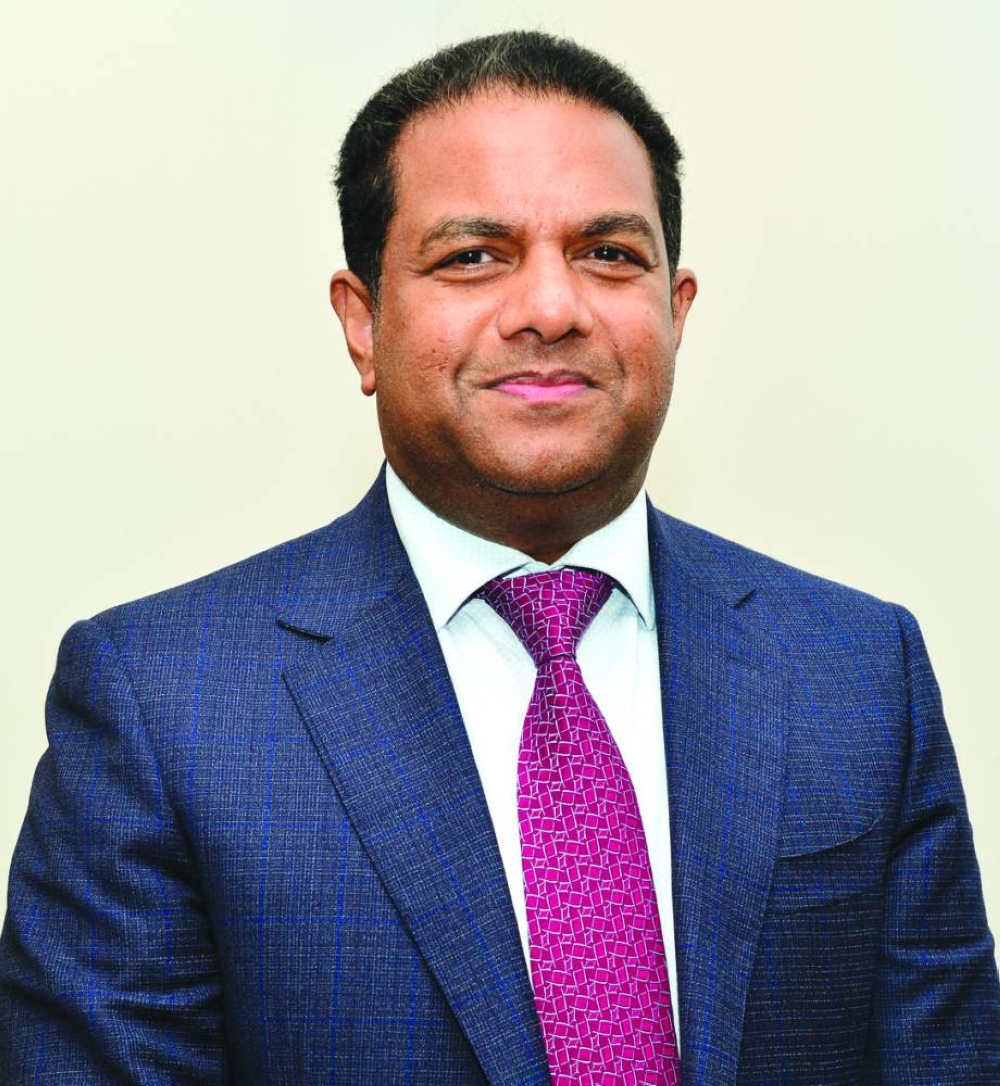The pressing issue of climate change “poses the greatest threat to food security today,” according to Dr Mohamed Althaf, director of LuLu Group International.
Speaking to reporters recently, Althaf emphasised that food security challenges extend beyond financial constraints, citing the Covid-19 pandemic as an example. However, he lamented that climate change is causing significant disruptions in food supply.
Weather changes caused a shortage of olives in Europe, while in Pakistan, heavy rains resulted in a significant loss of rice crops, forcing the South Asian country to shift from being an exporter to an importer of rice. The sudden decrease in global supply also affected neighbouring countries like India, Althaf noted.
“If rice becomes scarce, people may turn to wheat, which is already under pressure due to climate change. This is just one incident in a medium-sized country like Pakistan and imagine the impact if larger countries like the US, Brazil, Australia, or India face similar problems,” Althaf warned, adding that many countries in Asia could also face agricultural problems due to climate change.
He said, “LuLu’s primary focus is raising awareness about climate change, which is the most significant threat to food security worldwide. Increasing temperature by just two degrees could wreak havoc, hence the urgency of addressing this issue.
“This is a key message that LuLu Group intends to highlight at the ‘Expo 2023 Doha Qatar’. LuLu is focused on aligning its goal of promoting sustainable food practices by consistently advocating this cause, in collaboration with our partners like the embassies of Italy, the UK, and Ecuador, among others.”
Althaf also highlighted LuLu’s global partnerships with the World Economic Forum (WEF), the Ellen MacArthur Foundation, and the International Chamber of Commerce (ICC): “We are the only members of the Ellen MacArthur Foundation from Qatar. LuLu’s membership in these three organisations is among the key aspects of the group’s sustainability strategy.”
On LuLu’s initiatives towards achieving net zero targets, Althaf said the group is working on an ‘emission three’ initiative, which is committed to aligning with the Qatar National Vision 2030.
“Our goal is to reduce emissions by 50% by 2030, a target which we set five years ago but surprisingly is approaching so soon. In terms of ‘emission one’, which refers to LuLu’s own generation, we are well within our target and expect to achieve it even earlier than planned.
“We have made significant strides in energy efficiency as our Al Meshaf store has become the first carbon-neutral hypermarket in the GCC, and we have also made progress in reducing water wastage and recycling plastic,” he explained.
Althaf revealed that LuLu Group is now focusing on decarbonising its supply chain, both locally and internationally: “We are in advanced negotiations with shipping companies to overcome challenges and potentially use green fuel. Our supply chain institutions in Birmingham have already achieved net neutrality.
“In the UK, we already have surplus power. In the US, we are close to meeting our targets for plastic and pallet recycling, using electric vehicles, and implementing digital automation.”
Althaf also highlighted that LuLu is focused on enhancing resiliency in its supply chain, especially in light of recent global events like the war in Ukraine and the conflict between Hamas and Israel.
He said LuLu has expanded into Central Europe, including Finland, parts of Germany, and the Baltic region, by setting up a facility in Poland, in collaboration with the Polish Trade Agency.
Aside from LuLu’s facility in Milan, Italy, the group is planning to open another one in Australia, said Althaf, who added that LuLu is also exploring potential facilities in Canada, Ecuador, and Mexico.
“Self-reliance and self-sufficiency are important, especially in the face of potential climate challenges, so we are diversifying our sources to ensure resilience. Our efforts align with Qatar’s global vision, and we aim to ensure that our businesses follow suit.
“LuLu is particularly focused on reducing emissions and making food accessible, affordable, nutritious, and sustainable. We are working towards ensuring that everything we serve is healthy and sustainably sourced,” he stressed.

Dr Mohamed Althaf, director of LuLu Group International.

